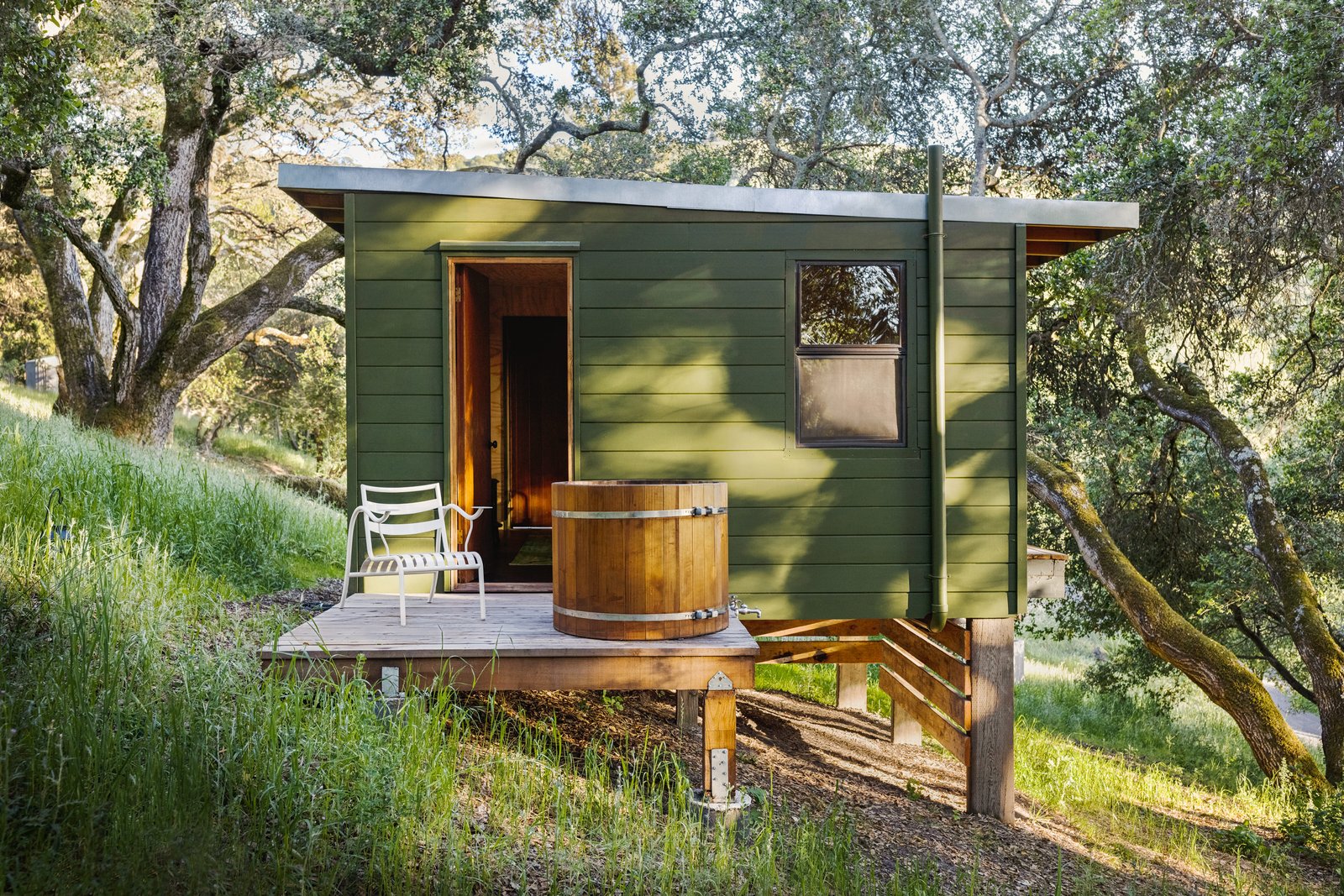Off Grid Living Switzerland: Imagine a life unbound, nestled amidst the breathtaking Swiss Alps, self-sufficient and connected to nature. This isn’t a fantasy; it’s a growing movement, a path less traveled that demands careful planning and a deep understanding of Swiss regulations. From navigating complex permitting processes to designing sustainable energy systems and creating a thriving off-grid homestead, this guide unveils the realities and rewards of embracing this unique lifestyle in one of the world’s most stunning countries.
Discover the secrets to successfully navigating the legal landscape, building resilient energy solutions, and establishing a harmonious relationship with the environment.
This exploration delves into the practicalities of off-grid living in Switzerland, covering everything from legal considerations and energy independence to water management, food production, and the social aspects of forging a community in this challenging yet rewarding environment. We’ll examine successful examples, providing inspiration and practical advice for those considering this transformative lifestyle.
Legal and Regulatory Aspects of Off-Grid Living in Switzerland
Embarking on an off-grid lifestyle in Switzerland requires careful navigation of the country’s intricate legal landscape. While the romantic vision of self-sufficiency is appealing, the reality necessitates a thorough understanding of land ownership, building regulations, and water rights, which vary significantly across the 26 cantons. This section details the key legal considerations for prospective off-grid dwellers.
Land Ownership and Building Permits, Off grid living switzerland
Acquiring land suitable for off-grid living in Switzerland is the first hurdle. Swiss land ownership is strictly regulated, with much land designated for agricultural use or protected as natural reserves. Building permits are generally required for any structure, regardless of size or intended use. The process involves submitting detailed plans to the local authorities, demonstrating compliance with building codes, zoning regulations, and environmental impact assessments.
These assessments often involve considerations of water management, waste disposal, and potential disruption to the surrounding ecosystem. Securing a building permit can be a lengthy and complex process, requiring significant patience and often the assistance of a local architect or legal professional familiar with the specific requirements of the chosen canton.
Water Rights and Usage
Access to water is paramount for off-grid living. Switzerland has strict regulations governing water rights, often tied to land ownership and historical usage. Obtaining permission to use water from natural sources like springs or streams requires navigating complex legal procedures, often involving obtaining a concession from the relevant cantonal authorities. These concessions specify the permitted amount of water withdrawal, its intended use, and potential environmental impact.
Failure to comply with these regulations can lead to significant penalties. For example, unauthorized water extraction could result in fines and even legal action to restore the water source to its original state. Furthermore, the specific regulations regarding water usage for drinking, sanitation, and irrigation can vary significantly across cantons.
Cantonal Variations in Permitting Processes
The Swiss federal government sets broad guidelines, but the cantons retain significant autonomy in implementing specific regulations. This results in considerable variation in the permitting processes for off-grid projects across the country. For instance, some cantons may have more streamlined processes for smaller-scale off-grid dwellings, while others may impose stricter environmental impact assessments and require extensive documentation. The level of bureaucratic involvement, the required expertise, and the overall timeline for obtaining permits can differ significantly depending on the location.
Researching the specific regulations of the target canton is crucial before embarking on any off-grid project. Engaging with local authorities early in the planning process is highly recommended to avoid delays and potential legal issues.
Browse the implementation of off grid living devon in real-world situations to understand its applications.
Examples of Successful Off-Grid Projects
While detailed public information on specific off-grid projects is limited due to privacy concerns, anecdotal evidence suggests that successful projects often involve meticulous planning, close collaboration with local authorities, and a demonstrable commitment to environmental sustainability. These projects often incorporate innovative solutions for water management, waste disposal, and energy generation, demonstrating a deep understanding of the local environment and legal requirements.
For instance, one successful project in the Graubünden canton involved the careful restoration of a historic alpine hut, integrating modern off-grid technologies while respecting traditional building methods and minimizing environmental impact. The project’s success stemmed from proactive engagement with local authorities and a comprehensive environmental impact assessment that addressed potential concerns regarding water usage and waste management. Another example involves a family in the Valais canton who, after years of meticulous planning and multiple consultations with local officials, successfully obtained permits to build a small, self-sufficient dwelling using sustainable materials and energy sources.
Their success highlights the importance of patience, persistence, and thorough preparation.
Energy Solutions for Off-Grid Homes in Switzerland: Off Grid Living Switzerland

Embracing off-grid living in Switzerland requires a robust and reliable energy system capable of withstanding the country’s diverse climate. This necessitates a careful consideration of renewable energy sources, energy storage, and system design to ensure consistent power throughout the year, even during the challenging winter months. The following sections delve into the specifics of creating a sustainable and efficient energy solution for a typical Swiss dwelling.
Sample Off-Grid Energy System for a Swiss Dwelling
A typical Swiss off-grid home could benefit from a hybrid system combining solar photovoltaic (PV), small-scale hydropower (if geographically feasible), and potentially wind power, depending on location. The system’s size and composition would be tailored to the home’s energy consumption. For example, a moderately sized house might incorporate a 5kW solar PV array on the south-facing roof, supplemented by a small hydro turbine if a suitable stream or river is nearby, capable of generating 1kW.
Wind power might be less efficient in many Swiss locations due to varied topography, but a small wind turbine could be considered in particularly windy areas. This hybrid approach maximizes energy generation and provides redundancy in case one source experiences reduced output. The system would be carefully designed to account for seasonal variations in sunlight and water flow.
Cost and Efficiency Comparison of Renewable Energy Sources in Switzerland
The cost-effectiveness of renewable energy sources in Switzerland varies significantly depending on factors such as installation costs, maintenance, and available resources. Solar PV systems generally have relatively high initial installation costs but offer low operational costs and long lifespans. Hydropower systems, while potentially very efficient, require significant upfront investment and may be geographically limited. Wind power systems also present high initial investment costs and might not be suitable for all locations due to inconsistent wind patterns.
A detailed cost-benefit analysis considering specific site conditions and energy needs is crucial before selecting the optimal combination of renewable energy sources. For example, a south-facing location with ample sunlight might favor a predominantly solar PV system, while a location near a suitable water source could benefit from a hybrid solar-hydro system.
Energy Storage Solutions for Off-Grid Homes
Reliable energy storage is paramount for off-grid living in Switzerland, especially during winter months with reduced sunlight and potential for low water flow. Battery systems are the most common solution. Deep-cycle lead-acid batteries are a cost-effective option, but they have a shorter lifespan and require more maintenance compared to lithium-ion batteries. Lithium-ion batteries, while more expensive initially, offer higher energy density, longer lifespan, and require less maintenance, making them a potentially more attractive long-term investment.
The size of the battery bank would be determined by the energy needs of the home and the expected duration of periods without sufficient renewable energy generation. For instance, a system might incorporate a 10kWh battery bank to provide power overnight or during periods of low solar irradiance. Proper battery management systems are essential to ensure optimal performance and longevity.
Challenges of Maintaining Energy Independence During Harsh Swiss Winters
Maintaining energy independence during Switzerland’s harsh winters presents significant challenges. Reduced sunlight hours drastically decrease solar PV output, while snow and ice can impact the efficiency of both solar and hydro systems. Strong winds, while potentially beneficial for wind power, can also damage equipment. Therefore, a well-designed off-grid system must account for these seasonal variations through oversizing of renewable energy sources, adequate energy storage, and potentially backup power generation options, such as a small generator for emergencies.
Regular maintenance and system monitoring are crucial to ensure continued operation throughout the year. Examples of real-life challenges include snow accumulation on solar panels reducing efficiency by up to 80% and frozen water sources significantly impacting hydropower output. Careful planning and system redundancy are essential to mitigate these risks.
Embarking on off-grid living in Switzerland is a journey of self-reliance, resourcefulness, and profound connection with nature. While the path presents unique challenges, from navigating intricate regulations to mastering sustainable living practices, the rewards—independence, a closer relationship with the environment, and a simpler, more fulfilling life—are immense. This guide has aimed to equip you with the knowledge and inspiration to confidently embark on this adventure, showcasing the potential for a truly unique and rewarding existence in the heart of Switzerland.
FAQ Compilation
What are the typical costs associated with building an off-grid home in Switzerland?
Costs vary significantly based on location, size, materials, and the complexity of the energy and water systems. Expect a substantially higher initial investment compared to traditional home construction.
How do I find land suitable for off-grid living in Switzerland?
Finding suitable land requires thorough research and potentially the assistance of a real estate agent familiar with rural properties. Consider factors like access to water sources, sunlight exposure for solar panels, and proximity to necessary services.
What are the insurance implications of off-grid living in Switzerland?
You’ll need to find insurers who understand the unique risks associated with off-grid living, potentially requiring specialized policies for energy systems, water supply, and structural integrity.
What about waste disposal in an off-grid setting?
Waste management requires careful planning, including composting for organic waste, proper recycling, and potentially using a septic system or other approved wastewater treatment solution adhering to Swiss regulations.

